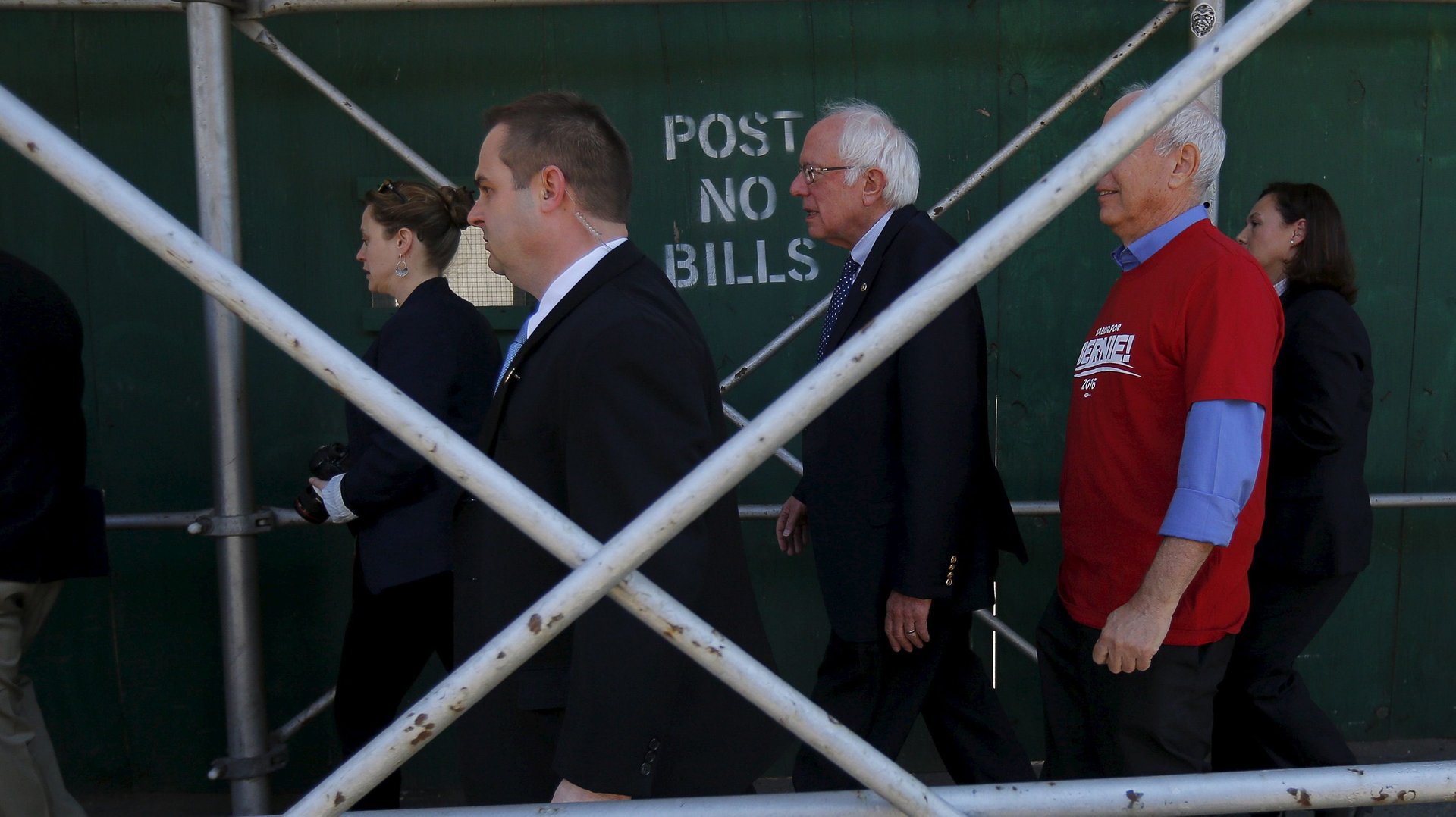Want to tell the 2020 Democratic candidates apart? Look at their positions on trade
Donald Trump made international trade a centerpiece of the 2016 presidential race. The bevy of Democrats vying to replace him in 2020 are decidedly less vocal on the topic, rallying their nascent voter bases instead on domestic issues such as healthcare and inequality.


Donald Trump made international trade a centerpiece of the 2016 presidential race. The bevy of Democrats vying to replace him in 2020 are decidedly less vocal on the topic, rallying their nascent voter bases instead on domestic issues such as healthcare and inequality.
It’s not surprising that Democrats are shying away from the rather arcane, easy-to-distort topic. As pro-globalization advocates have found out, it’s hard to combat the populist narrative that imports are decimating domestic jobs. Still, pinning down the 14 declared candidates—and the handful of undecideds—on trade would help distinguish between their platforms, which are largely made up of standard-issue 2019 Democratic positions.
Their spectrum on trade is surprisingly wide, according to a new analysis by the Peterson Institute of International Economics. The Washington-based think tank went over the Democratic contenders’ past and present stances on trade policies such as the Trump administration’s tariffs against China and international trade deals like the North American Free Trade Agreement (NAFTA).
It had limited material to work with, since some of those interested in running, including self-help author Marianne Williamson and former tech entrepreneur Andrew Yang, have been mum on trade. Others haven’t been exactly clear-cut on it. For example several Democrats both oppose Trump’s tariffs on China and support the administration’s goal of forcing China to stop practices such as requiring that US companies share their intellectual property. And not all candidates have spoken out on every issue. But the Peterson Institute’s findings offer a general map on where each presidential hopeful stands on trade.
Not all against Trump
Some candidates, including Elizabeth Warren and Bernie Sanders, agree with Trump on one of his most controversial trade moves: imposing tariffs on steel and aluminum.
Here’s how others feel about that and other protectionist measures. (Note: The checkmarks and crosses on the table denote statements for and against the listed policies, and may represent objections to or approval of some aspects of the policies, or outright opposition or support. Those with asterisks next to their names have not announced their candidacy but are expected to consider joining the race.)
USMCA, TPP, NAFTA
The Peterson Institute also looked at the presidential hopefuls’ views on trade policy pre-dating Trump, including the Trans-Pacific Partnership, the now-defunct, 12-country deal negotiated by the Obama administration. Only a few had positions on the US-Mexico-Canada Agreement, the NAFTA replacement negotiated by Trump that still has to be ratified by lawmakers in the three countries. Kirsten Gillibrand, the New York senator seeking the Democratic nomination for president, has said it’s too early to decide whether she supports that deal.
Other issues
The Peterson Institute also collected opinions on other trade-related issues that can help place candidates on the free-trade-protectionism spectrum. (Key: 🙋,🙋♂️=for, 🙅♀️,🙅♂️=against.)
Where each stands
Taking all their positions into account, this is where the candidates—and those mulling a run—generally fall, according to the Peterson Institute.
This story was updated on Mar. 29 to reflect new information on Pete Buttigieg.